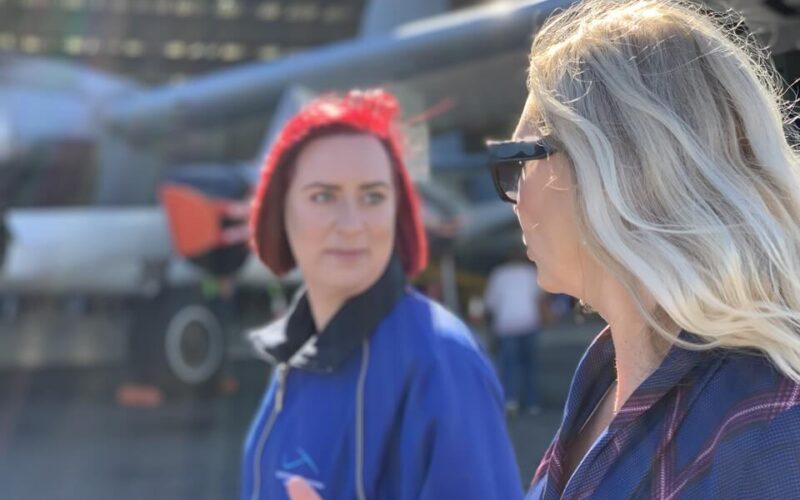In order to get better at something we have to listen to those who participate in them.
Both sides that is.
Most interviews are created from the point of view of the employer. The things the employer needs for a particular role around culture, potential, skills, attributes and outcomes.
I decided to turn it on it’s head and asked the candidates what they thought of the recruitment / interview process experience and if they had any ideas on what might work better.
The industries I work in predominantly are very process driven with a high degree of technical competency and detailed 1-3 day job assessment processes. Therefore the screening processes are already highly structured and in-depth.
I asked a selection of candidates in Management, Technical, Customer Service and hands-on-roles (think pilots, engineers, fire fighters):
1. How were you treated and communicated with?
2. How relevant was the process was to your role?
3. What did you dislike the most?
I selected the most consistent responses, as follows:
1. Communicate with us; candidates were not given timelines, were left hanging with no communication for weeks, were rebuffed if they ‘touched base and felt like a number.
2. Give us feedback; candidates felt feedback was either not provided at all or they were provided with general comments that were not helpful.
3. Be transparent; industry gossip is a killer, and in some industries this can result in mistruths and personal opinions that are detrimental to the organisation. Cutting through the gossip is difficult for some candidates.
4. Stop being the tough/aggressive person; candidates stated that this old-school mentality meant that they had second thoughts about wanting to work for the organisation.
5. Making the process mega stressful; candidates stated that they are simply not in the interview situation regularly. When employers add additional stresses they will not see them at their best. This (interviews) are not their job, so if you want to see them at their best and authentically, provide a process that facilitates that in real terms.
6. Recruiters not up to the task; some recruiters were seen as too junior or not specialists in their area/industry and conveying highly specialised experience was difficult.
Food for thought:
It may be a business decision to the employer but to every single candidate this feels personal. Keeping candidates informed throughout the process says we value you, the time you put into this process and into your preparation. This should be an inherent part of HR culture. Treating people with respect and with the positive culture/values of your organisation even if they are unsuccessful.
Some companies for legal reasons do not provide feedback, however the ‘debrief’ is one of the most important tools in professional growth. It is something the Defence Forces literally live by and one to build into your HR processes now.
Good cop bad cop or just bad cop is out-dated methodology. Yet, some employers still use these techniques. The next wave or generation of candidates are no less capable but they do expect to be treated with high personal standards of communication and respect.
Every candidate your organisation comes into contact with will have something to say about your business. With every interaction your HR team should be considering:
What feeling do we want every candidate to leave with?
Next Blog…
New hiring trends making recruitment more effective for everyone.
– What are your recruitment values?
Kirsty is a feature contributor to Australian Aviation Magazine and Aeortime.aero
Kirstys blog on communication and careers is widely ready by over 20,000 first connection members on LinkedIn, Facebook and www.pinstripesolutions.com
Kirstys first book “The Albino Chameleon – Building The Story of You” will be available in the second half of 2019. www.thealbinochameleon.com www.kirstyanneferguson.com
Kirsty has lectured at Sydney University and Griffith University on careers, communication, aviation and self-confidence.
You can listen to Kirsty on the iTunes favourite “Go All In” podcast and “Australian Aviation Radio”.

